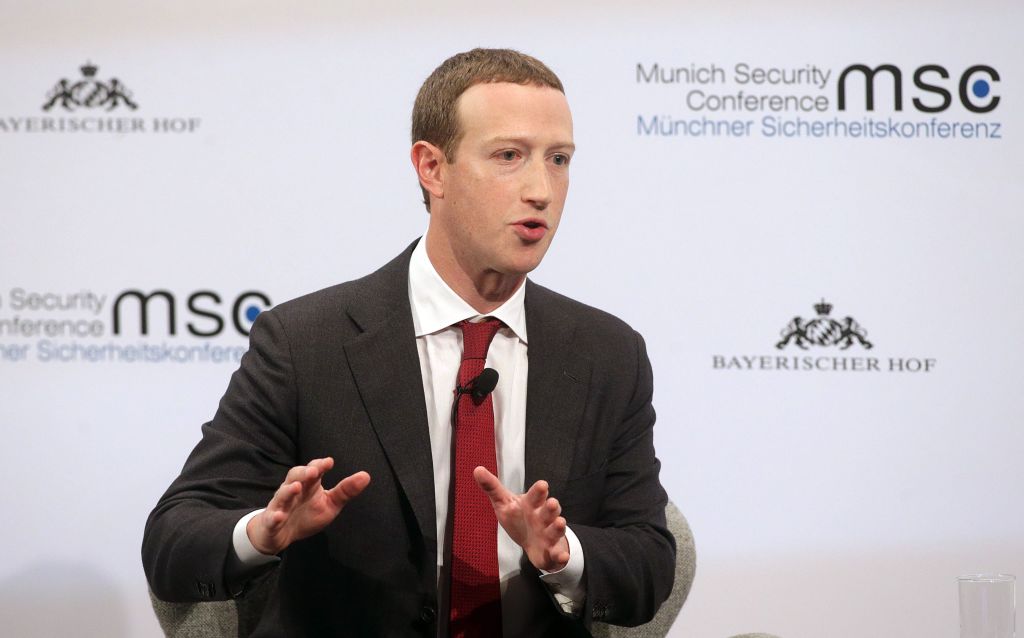Mark Zuckerberg has urged governments to draw up new regulations for social media companies like his own, believing regulation of Facebook should fall "somewhere in between" a telco and a media company.
Speaking at the Munich Security Conference in Germany on Saturday (February 15), Zuckerberg said he supported the regulation of internet companies, but suggested it would requires governments to develop new frameworks rather than trying to regulate them under existing media rules.
“I do think that there should be regulation on harmful content ... there’s a question about which framework you use for this,” Zuckerberg said during a question and answer session.
“Right now there are two frameworks that I think people have for existing industries—there’s like newspapers and existing media, and then there’s the telco-type model, which is ‘the data just flows through you’, but you’re not going to hold a telco responsible if someone says something harmful on a phone line.”
“I actually think where we should be is somewhere in between,” he suggested.
Writing in the Financial Times today (February 17), Zuckerberg said that he believes "good regulation may hurt Facebook’s business in the near term but it will be better for everyone, including us, over the long term."
"I don’t think private companies should make so many decisions alone when they touch on fundamental democratic values," he added, saying this lays the foundation for his 2019 call for regulation of four key areas: elections, harmful content, privacy and data portability.
The social media company is set to publish its second white paper on regulation today, that will set out some questions regulation might address, including political advertising and data portability.
He also echoed previous criticism of laws that are too restrictive. In the FT, he wrote that strict privacy laws can lead companies to "lock down data", while at the Munich conference, he once again criticised China's free speech policies. His anti-China rhetoric has reportedly irked Facebook employees in the country.
Facebook is coming under mounting pressure to stymie the spread of harmful and fake content, especially during the current COVID-19 pandemic and the looming US election, following its involvement in several controversies. It facilitated Russian interference in the 2016 US presidential election and possibly in the UK's 2016 EU referendum, and is still dealing with the fallout from the 2018 Cambridge Analytica data scandal. Its practices put it at the centre of four separate antitrust investigations in the US in 2019.
During Saturday's conference, Zuckerberg said Facebook had improved its work countering online election interference. He said Facebook employs 35,000 people to review online content and implement security measures, and that it currently suspends more than 1 million fake accounts each day, adding that “the vast majority are detected within minutes of signing up.”
“Our budget is bigger today than the whole revenue of the company when we went public in 2012, when we had a billion users,” he said. “I’m proud of the results but we will definitely have to stay vigilant.”
Zuckerberg is also creating a independent 'oversight board' that can overrule Facebook's content decisions. It has pledged $130 million to get the board funded and operational, with plans to launch in 2020.
"Companies like mine also need better oversight when we make decisions, which is why we’re creating an independent Oversight Board so people can appeal Facebook’s content decisions," Zuckerberg wrote in the FT.
Press-shy Zuckerberg has been forced out of the woodwork in recent years, appearing before several congressal committees, and appears to have started the decade with a new energy; taking on more public appearances and being more forthright with his views.
On the company’s earnings call in January, he said his "goal for this next decade isn’t to be liked, but to be understood".











